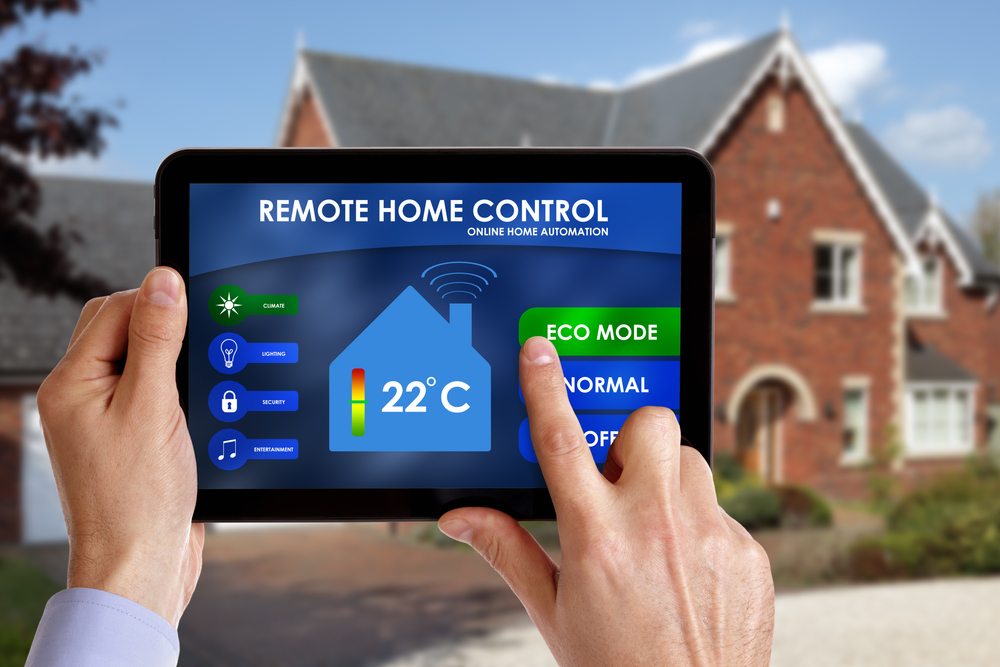The battle for the Internet of Things (IoT) gateway in the connected home is hotting up, according to analyst firm Gartner.
The ability to monitor and control the home as a holistic platform of devices and appliances has emerged as they have increased in smartness and cellular and cable connections have improved, while prices continue to decline.
IoT applications around the smart home include smart stoves that tell you how to cook a meal, smart washers that analyse the optimum load time, and smart lighting that can be controlled remotely.
But while many of these applications are triggered by sensors and need data management, there is yet to be a single IoT gateway to the home.
>See also: Internet of Threats: the risks in the pursuit of the connected home
‘As internet-connected homes become increasingly smarter, the gateway is becoming the “centre” for connecting the different devices and home appliances to make the management of the ecosystem happen,’ says Paul O’Donovan, principal research analyst at Gartner.
The home IoT gateway market is expanding rapidly. The number of smart connected homes is expected to grow from between 100 million and 200 million homes now, to between 500 million and 700 million homes by 2020.
The lack of a good business model or the immaturity of home IoT products has not stopped gateway makers from trying to develop the market to grab a share in this lucrative opportunity.
Cable companies, internet companies, alarm companies and mobile phone operating system providers are actively creating platforms and ecosystems in an attempt to break into the market.
Gartner predicts that the most successful home gateway provider will develop a system that seamlessly integrates with nearly any vendor’s IoT application and is relatively painless to the homeowner.
A system that locks homeowners into one specific operating system limits the opportunity, as consumers will want to exercise their preference in terms of the IoT products they choose.
Multiple home platforms have emerged, designed to capitalise on or create an ecosystem of smart home devices that the gateway must connect to.
Some of the platforms are beginning to open up, or at least work with the others to minimise the different number of platforms that the consumer and the gateway must deal with.
>See also: Just how open should the connected home be?
Some smart home solutions are even taking advantage of this void and creating hubs that act as a central command system for the smart home devices, using multiple communication protocols to connect to all of the smart devices in the home and communicate to the world through the IoT gateway.
‘As the IoT gateway market emerges, internet service providers (ISPs) will be the early winners in the battle for the home gateway, provided they develop solutions or partner with hub manufacturers,’ says O’Donovan. ‘The mobile phone providers will gain a smaller part of this market, but ultimately the cellular model will not have enough bandwidth to compete with the ISP solution.
‘Longer term, there will need to be an integrated device, whereby the gateway is also the hub, or integrated hub, and gateway solutions will be needed.’







